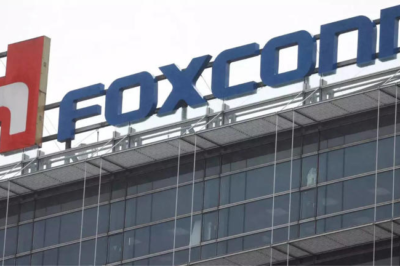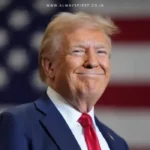
Key Highlights
- Beijing’s Restrictive Measures: China reportedly restricts technology transfers and equipment exports to India and Southeast Asia, affecting companies like Apple and Foxconn.
- Impact on Indian Manufacturing: Delays in deploying personnel and equipment risk slowing India’s growth in high-tech manufacturing, including iPhones and EVs.
- Trump’s Role: The shift in production away from China, driven by global tariff concerns under the Trump administration, accelerates.
China Tightens Manufacturing Controls
As global technology giants like Apple relocate manufacturing to countries like India, China appears to be imposing new restrictions. Reports suggest that:
- Regulatory pressures limit the export of equipment needed for high-tech production.
- Difficulties for Chinese staff relocating to India hinder efficient scaling.
- Delays are straining companies like Foxconn, Apple’s assembly partner, which faces increased scrutiny when shipping equipment to India.
Apple’s Challenges in India
- Foxconn, leading Apple’s assembly operations in India, is reportedly encountering delays at Chinese ports.
- The delays jeopardize Apple’s expansion plans in India’s electronics manufacturing sector, prompting the company to seek urgent support from the Indian government.
- India’s ambition to become a global electronics manufacturing hub faces hurdles due to China’s policies.
China’s Concerns
- Economic Implications:
China fears job losses and disruptions in supply chains as companies diversify production away from the nation. - Domestic Prioritization:
The restrictions aim to retain manufacturing dominance and limit the outflow of advanced technology, especially in sectors like electric vehicles (EVs) and solar panels. - Geopolitical Dynamics:
Reports indicate that Beijing remains wary of India as a rising competitor in the manufacturing arena.
China’s foreign ministry, however, denies targeting specific nations, stating it treats countries and enterprises equally.
Global Trends and Trump’s Influence
This trend of companies shifting production gained momentum during Trump’s first presidency. His policies led to:
- Higher tariffs on Chinese goods, driving manufacturers to diversify.
- A more pronounced shift of technology and auto sectors to India and Southeast Asia.
Reports indicate these trends are likely to persist and expand under Trump’s anticipated second term.
Curiosity Spark: How will India counter Beijing’s manufacturing restrictions to fulfill its vision as a global electronics and technology hub?
Conclusion
China’s measures to discourage manufacturing shifts highlight growing geopolitical and economic competition. For India, overcoming these hurdles could pave the way for a transformative leap in global high-tech production. Companies like Apple stand at the center of this power play, navigating the delicate balance of geopolitical strategy and operational needs.








































Leave a Reply